Search Results
Showing results 21 to 40 of 51
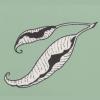
Mystery Marauders
Source Institutions
In this outdoor, mystery-solving activity, learners work like detectives, gathering evidence to identify the culprits that are attacking plants.
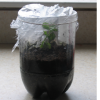
Small Habitats
Source Institutions
In this activity, learners build a model of a self-sustaining habitat (growing grass and beans from seeds).
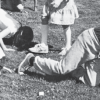
Follow the Scent
Source Institutions
In this outdoor, sensory activity, learners role play as animals trying to identify their "family's" scent and locate their "territory." Learners mark their territories and sniff out other territories
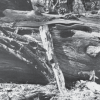
Logs to Soil
Source Institutions
In this outdoor activity, learners cut through and investigate rotten logs and then make log-profile puzzles for each other.
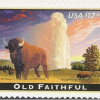
Take a Tectonic Vacation
Source Institutions
This multi-part activity from the National Parks Service blends the science of plate tectonics with the culture and history of places with dramatic geologic landscapes.
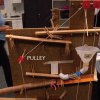
Build Your Own Marble Machine
Source Institutions
In this activity, learners will build a ball run contraption.
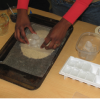
Ice on Mars
Source Institutions
In this activity, learners use sand and ice cubes to create a model of permafrost and the effects of the ice melting through the surface.
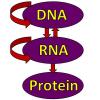
Protein Factory
Source Institutions
In this activity, learners take on the role of various parts of the cell in order to model the process of protein synthesis.
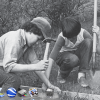
Trail Construction
Source Institutions
In this highly physical outdoor activity, learners construct and compare experimental trail sections to select the best trail-construction technique for their site.
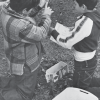
Litter Critters
Source Institutions
In this outdoor activity, learners use a "litter-critter" wheel to help them identify different animals they find living in a natural litter habitat.
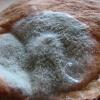
Moldy Jell-O
Source Institutions
In this laboratory activity, learners design an experiment to evaluate how environmental factors influence the growth of molds.
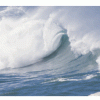
Waves and Tides
Source Institutions
In this 7-10 day investigation, learners develop an understanding of waves and tides and their motion through discussion, demonstration, and hands-on activities.
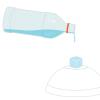
Instant Ice
Source Institutions
In this activity, learners observe a quick phase change as water rapidly goes from a liquid state to a solid state.
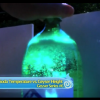
Temperature vs. Height: Soda Geyser Series #6
Source Institutions
In this activity, learners conduct a controlled experiment to examine how temperature will affect the height of a soda geyser.
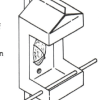
Bird Feeder
Source Institutions
In this outdoor activity, learners construct bird feeders and set them up at to investigate bird behavior for one or two weeks. Multiple feeder designs are suggested.
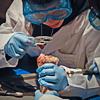
Chicken Wing Exploration
Source Institutions
In this activity, learners explore cooked chicken wings and identify the various parts including: bones (radius, ulna, humerus, shoulder joint, elbow joint), tendons, and cartilage.
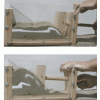
The Squeeze Box
Source Institutions
In this geology activity learners build a "squeeze box," which allows them to compress layers of sediment. This is a great way to investigate folding and faulting in the Earth.
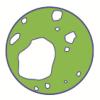
Sand Grain Observations
Source Institutions
In this activity (on page 1 of the PDF under SciGirls Activity: Earthquakes), learners will use a magnifier to carefully examine samples of sand from different locations.
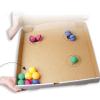
Macromodel of Microarray
Source Institutions
This is an educator-led demonstration of microarray technology using a model created from a pizza box and ping-pong balls.
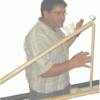
Beating Gravity
Source Institutions
In this demonstration, learners watch as a device drops a ball into a cup without touching the ball or cup, even though the ball and cup are virtually side-by-side.
